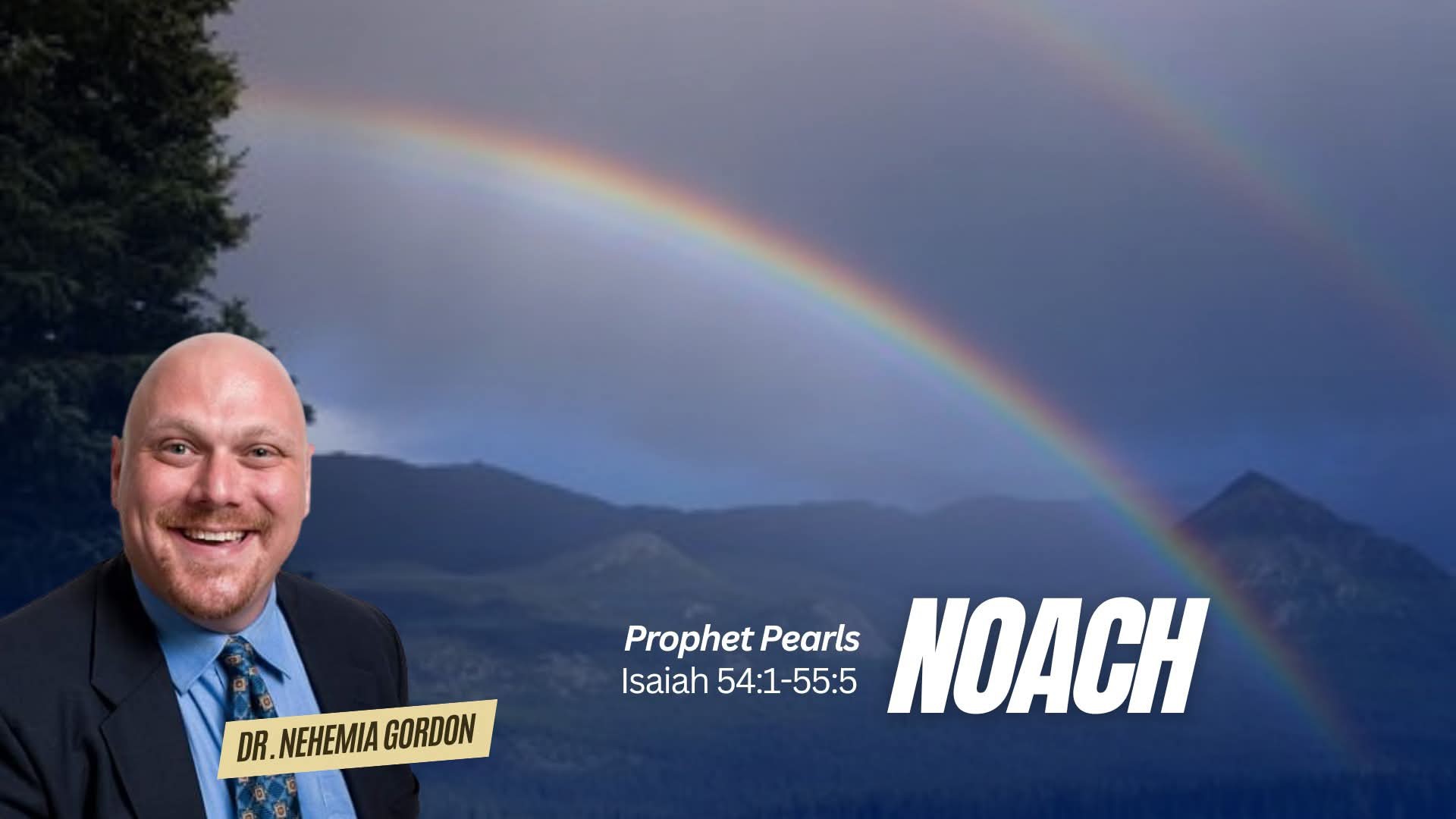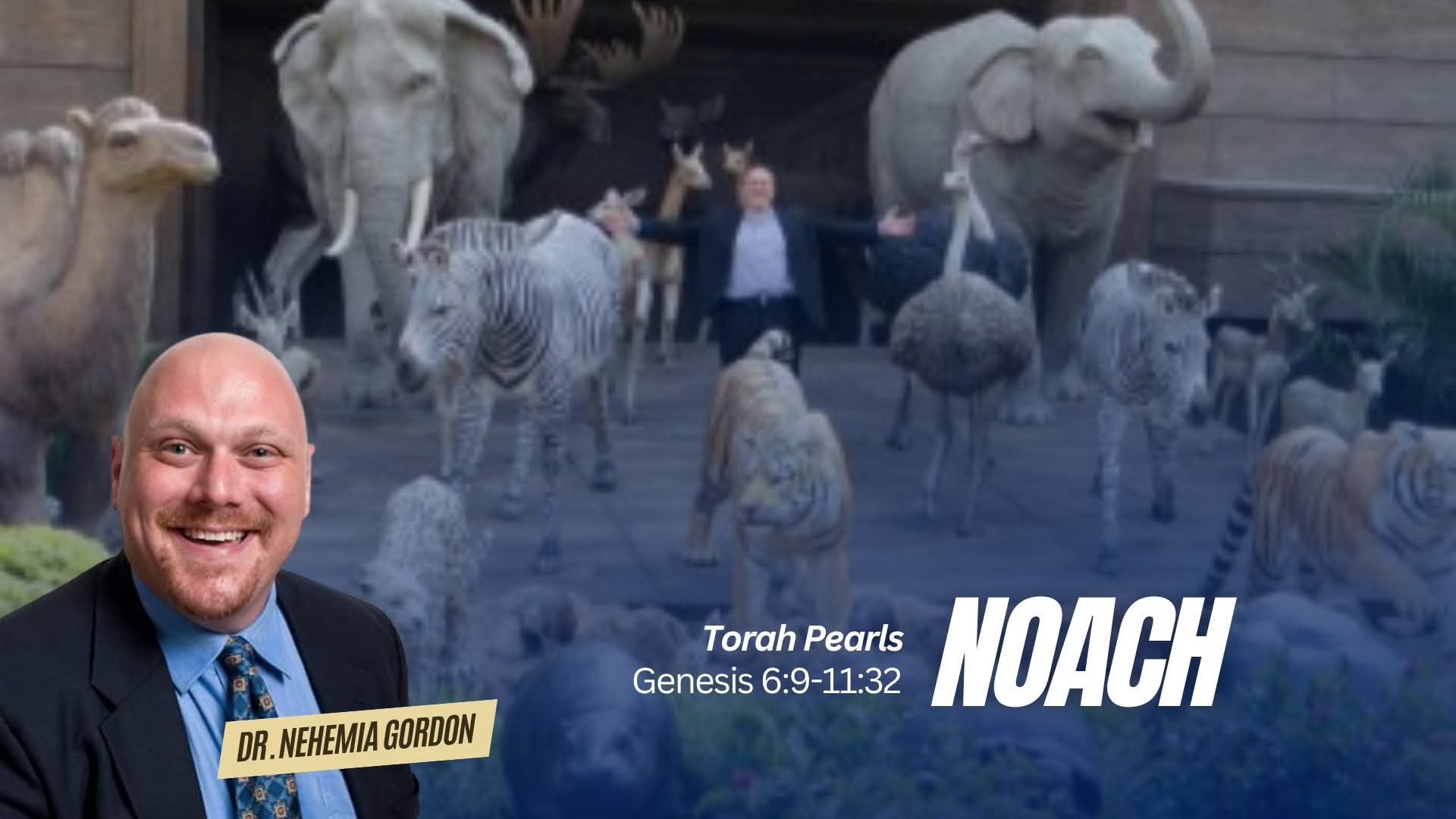Watch
Events
Articles
Market
More
Halloween is obviously demonic and has ZERO redeeming qualities. No Christian of any stripe should have anything to do with such a Satanic day. My friend, Pastor Aaron Baker, gave a good testimonial that you all should read.
https://preview.mailerlite.io/....emails/webview/66967



Psalm 93:1, “The LORD reigns! He is robed in majesty; the LORD has clothed and armed Himself with strength. The world indeed is firmly established; it cannot be moved.” David’s idea of our Creator clothing himself in strength and robed in majesty offers the impression that God Himself is clothed in His clothed with His own creation.



How often do our expectations cause us to miss what God is doing? That could have dire consequences, as the people living in the days of Noah found out.
https://thebarkingfox.com/2025..../10/25/time-to-get-i



How often do our expectations cause us to miss what God is doing? That could have dire consequences, as the people living in the days of Noah found out.
https://thebarkingfox.com/2025..../10/25/time-to-get-i



Thought for Today: Shabbat October 25
The late C. S Lewis in his book “Christian Behaviour” said: “Hope is one of the theological virtues”. He meant that a continual looking forward to the eternal world is not, as some people may think, a form of escapism or wishful thinking, but one of the things a believer is meant to do… He also said: “Aim for heaven, and you will get earth thrown in. Aim at earth and you will get neither!”



In this week's Original Torah Pearls, Noach (Genesis 6:9-11:32), we consider whether non-Jews are allowed to eat pork and what the original pre-Babel language was. Marietta wrote: “I learned so much! Thank you for these teachings!” --> https://www.nehemiaswall.com/torah-pearls-noach
In this week's Prophet Pearls, Noach (Isaiah 54:1-55:5), we revel in the glorious promises to Israel, and stand firmly on common ground concerning the messianic promise as Yehovah connects his eternal covenant with Israel to the seed of David. --> https://www.nehemiaswall.com/prophet-pearls-noach




In this week's Original Torah Pearls, Noach (Genesis 6:9-11:32), we consider whether non-Jews are allowed to eat pork and what the original pre-Babel language was. Marietta wrote: “I learned so much! Thank you for these teachings!” --> https://www.nehemiaswall.com/torah-pearls-noach
In this week's Prophet Pearls, Noach (Isaiah 54:1-55:5), we revel in the glorious promises to Israel, and stand firmly on common ground concerning the messianic promise as Yehovah connects his eternal covenant with Israel to the seed of David. --> https://www.nehemiaswall.com/prophet-pearls-noach



